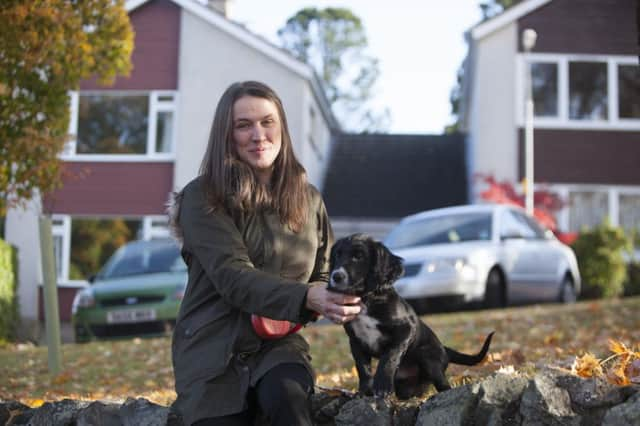Green spaces link to poorer mental health in women


Health experts from Glasgow University have discovered that social isolation and safety fears give women in the greenest parts of the country poorer levels of mental health than their male counterparts.
The researchers, from the Centre for Research on Environment, Society and Health at Glasgow University, analysed data from 6,301 male and 7,316 female participants over an eight-year period to examine the relationship between green space and mental health.
Advertisement
Hide AdAdvertisement
Hide AdParticipants were asked to rate their mental health using a scoring system, which included factors such as sleep problems, worries, how valuable participants felt and if they were under any strain.
Researchers found men aged 30 to late 70s who lived in the greenest spaces reported better mental health compared with other men.
Male participants living in areas which were less than 33 per cent green experienced the lowest levels of mental health.
In contrast, the link for women emerged a bit later, from age 40, with women living in areas with the highest levels of green space – more than 66 per cent green – having the poorest levels of mental health.
Women who lived in areas with the lowest levels of green space had better mental health on average than those in areas with the greatest levels of green space.
Researchers say that the “surprising” findings could be the result of women’s “feelings of social isolation” and that women may feel less safe in greener environments than men, and therefore be less likely to take advantage of greener spaces.
Rich Mitchell, co-author of the paper and professor of health and environment at the University of Glasgow, said: “It is interesting that a man and woman could even be living in the same house but respond so differently to the same neighbourhood environment.
“Women may be busier balancing the demands of work and home, and may not be able to take advantage of green spaces.
Advertisement
Hide AdAdvertisement
Hide Ad“It is possible women feel less safe in these environments, so are simply less likely to use green spaces.
“It is also possible that women may feel more isolated in neighbourhoods which are dominated by green spaces.”